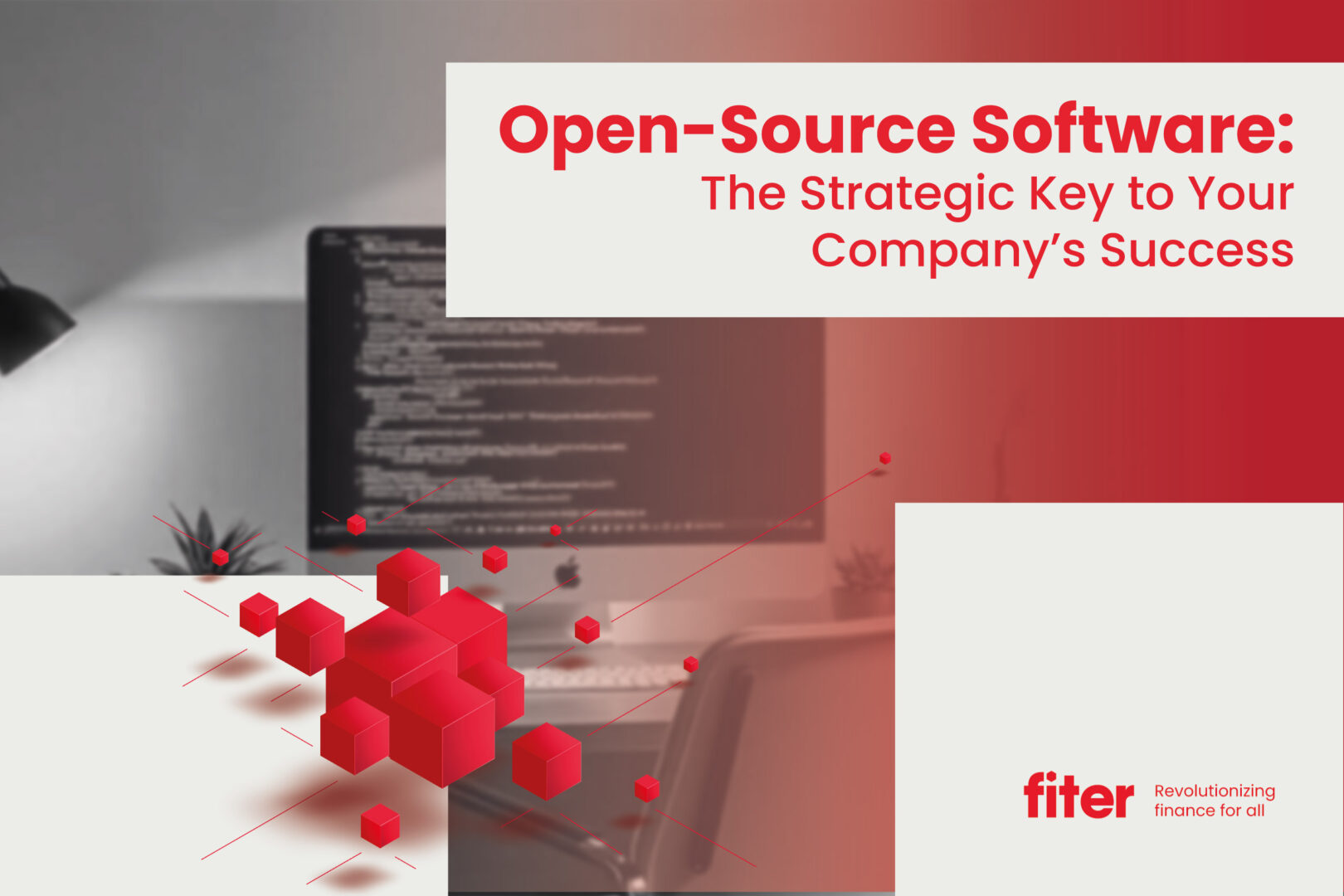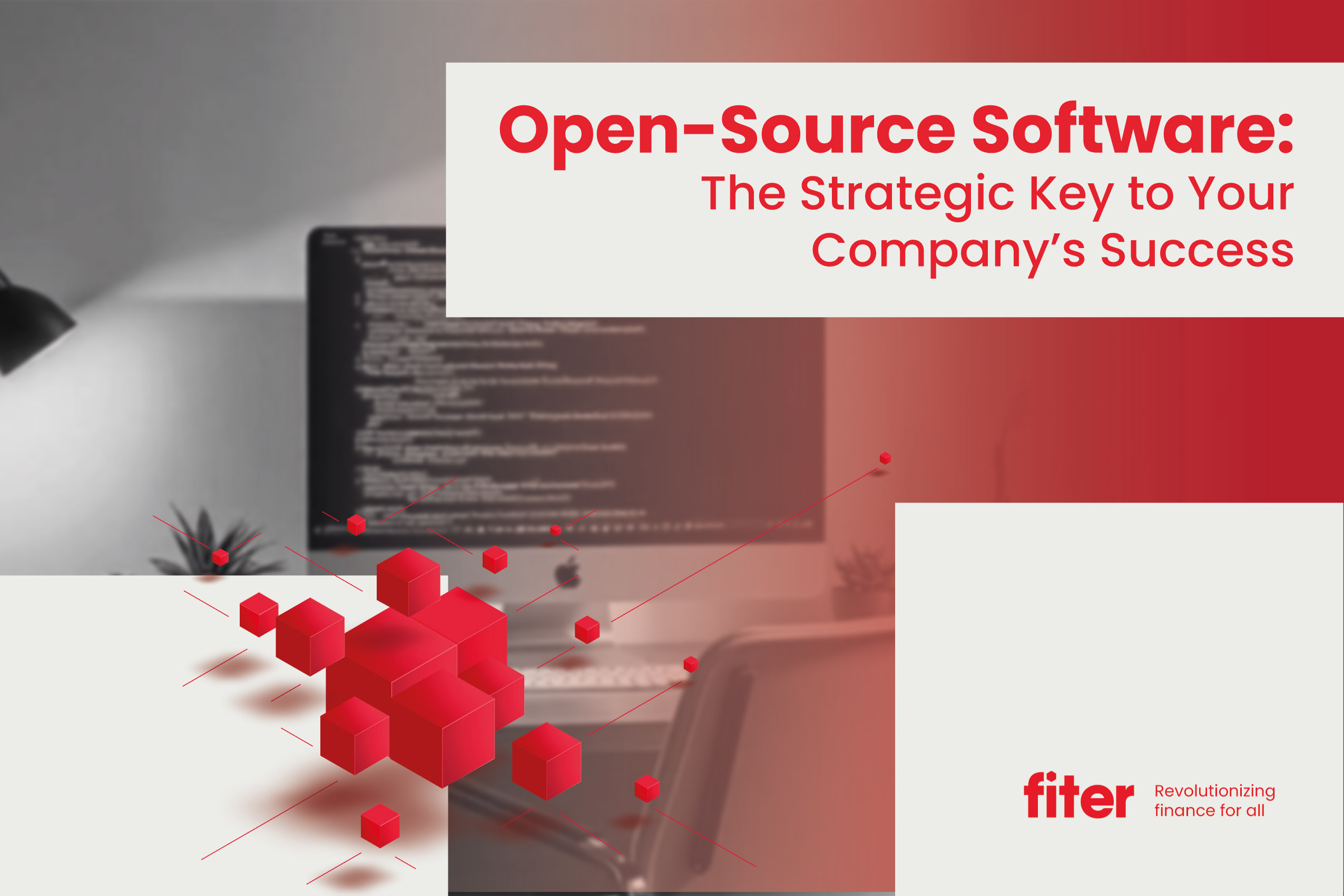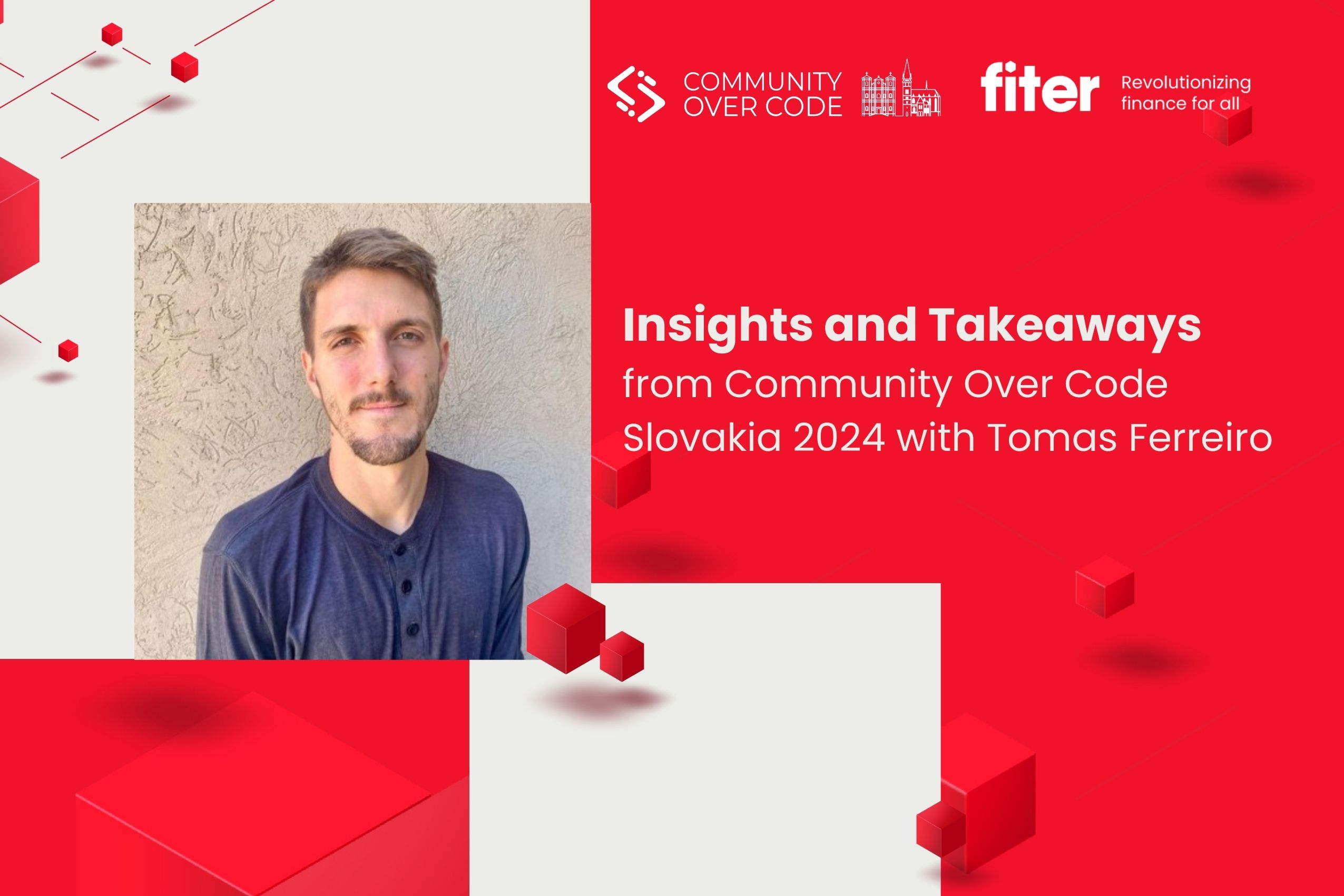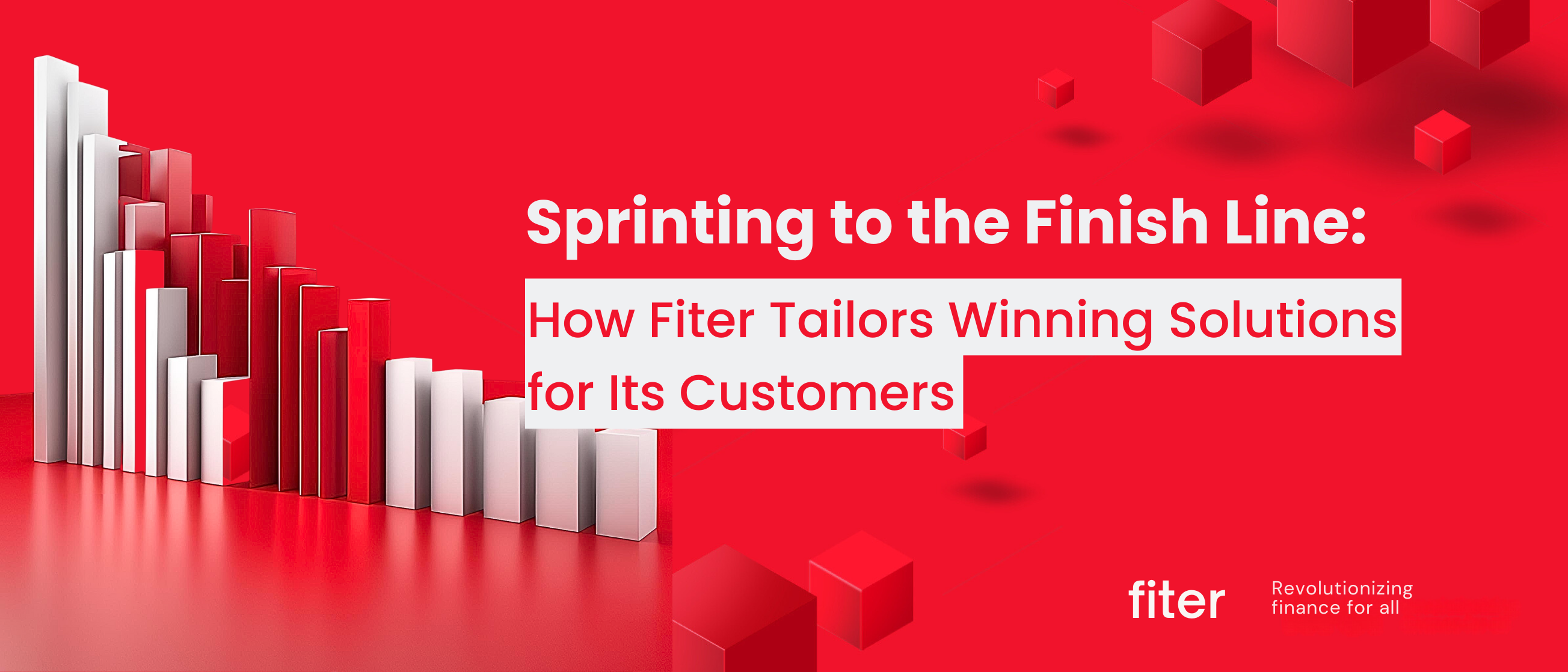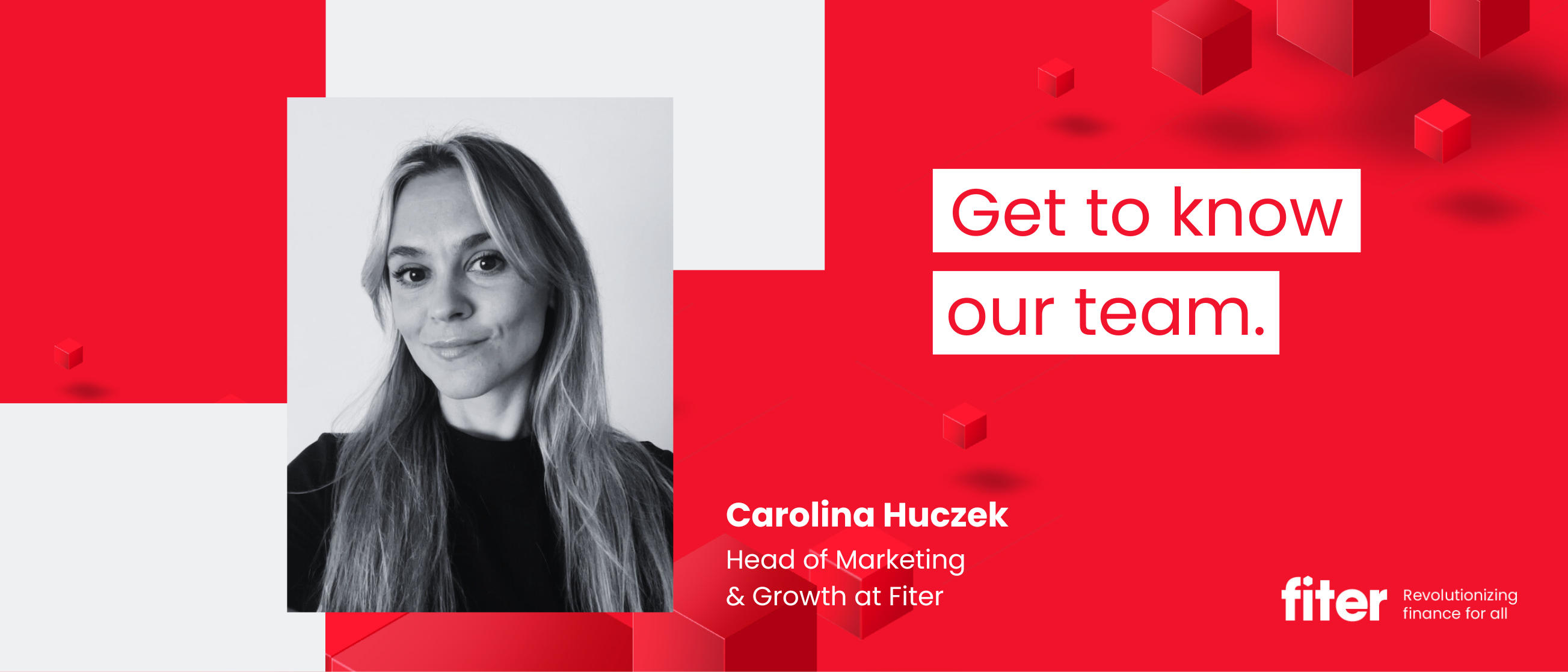Many people tend to think of traditional software versus open-source software in binary terms: zero or one, either or, conventional or unconventional. However, the reality is that the leading software brands, giants like Google, Apple, Meta and Amazon, are all extensively utilizing open-source projects to build their products and drive growth and innovation at high speed every day.
The misconceptions around open-source software (OSS) are preventing many companies from leveraging OSS to keep up with market demands and to stay relevant. In this article we aim to bring to light the common misconceptions surrounding OSS and to highlight how companies, both great and small, can harness the benefits of OSS to get an edge in the financial market.
First, the misconceptions
Despite open-source software’s pivotal role in accelerating innovation, new products and solutions within the financial services industry, there are still several misconceptions about it in the financial sector, the main ones being:
It’s insecure. Perhaps the leading misconception about open-source software is that it is insecure. Nothing could be further from the truth. You may be surprised to learn that when you compare Linux to Windows, Linux comes equipped with far more antivirus. OSS has a thriving community committed to identifying security breaches and generating improvements and security patches around the clock. There are mature, established processes in place to upgrade and maintain the software and ensure companies are up to speed on security solutions. Of course, working with a professional vendor from the community is key for maintaining security protocols, maximizing the benefits of OSS and reducing risk.
It’s free. OSS is not free. In fact, it takes a great deal of effort around the world to maintain and build OSS, although most of that work is carried out by individual contributors who are, indeed, volunteers. Using open-source software properly warrants getting professional support and control over the use of the software to ensure software upgrades and improvements are maintained over time. One huge benefit of open-source software though is that it does not have licensing fees. Licensing fees often block access to software for some companies, making open-source software an affordable and excellent pathway to levelling the playing field in the financial market.
OSS is here to stay
According to the 2024 FINOS State of Open Source in Financial Services Report, financial services firms are increasing consumption of open source software while also increasing their contribution back to the open source community. Participation in open-source ecosystems is on the rise and Open-Source Program Offices (OSPOs) are becoming more and more prevalent. This demonstrates the financial services industry’s understanding that open-source projects, and their respective communities are strategically important to company growth and success.
Software is eating the world, and open source is eating software. Modern software delivery today is built on top of hundreds of open-source components. To stay ahead of the curve, big corporations are incorporating OSPOS (Open-Source Program Offices) that allow corporations to manage the multiple open-source projects they use, in ways they can control. These offices control which projects or packages are ok to use, how to contribute back to the community, and how to be a good citizen within the communities whose software they use.

The advantages of open-source software
Open-source software comes with many advantages. The main ones are:
Improved productivity. The support of an entire community and the global collaboration on open-source projects within that community offers the synergy of collective wisdom, thereby increasing productivity and reducing duplicative development efforts across the financial industry.
Lower cost of software ownership and IT operations. Open-source foundations and communities help reduce costs by sharing software ownership and development resources.
Better software quality. The OSS community operates through repeated review cycles until the contribution achieves consensus. This ultimately leads to better software quality.
No vendor lock-in. The OSS community offers users multiple vendor options, giving users the freedom to choose the right software provider for them backed by the strength and support of the entire community.
Accelerated innovation. When looking to innovate, the customer needs to control the outcome. A single vendor will offer average solutions based on its current set of clients and scope. It is no wonder that industry leaders like Google, Apple, Meta and Amazon all extensively use open-source projects to build their products. The growing importance of AI and the governance needed to safely apply it, the need to manage cybersecurity risks and to lower data storage costs through cloud computing, are all steering the financial services sector in the direction of collaborative OSS-based innovation. OSS is needed more than ever before to keep up with these rapid market needs and trends.
Improved security. Collaborative workflows within the community offer more scrutiny and more sets of eyes and collective brain cells to better identify security breaches and fix them.
Faster time to market. Leading open-source foundations such as the Apache Fineract foundation have boosted collaboration to exponentially accelerate time to market. In a rapidly evolving industry, OSS is a game-changer.
Talent retention. Collaborations with the open-source community not only attract talent to the organization but make the organization a more interesting and positive work environment, thereby increasing employee engagement and loyalty.
Standardization. The software industry uses OSS to create standards. Cross-industry collaboration enables an easy and effective way to test and determine software quality and come up with industry standards.
Getting started with Open-Source Software
Open-source software is a critical component for companies opting to stay competitive and relevant. Once you realize the many benefits and potential OSS has in store for your organization, getting started correctly is key. When choosing a vendor for your project, ensure you select a partner that is well-versed in OSS and offers the support and expertise you need both before, during and after the project has been completed. Fiter is the world leader in Apache Fineract implementations and integrations. Fiter has the experience, versatility and global 24/7 support to quickly and successfully achieve your goals in minimal time. With Fiter, you not only gain a vendor you can rely on, you also gain a long-term partner who will get you to your finish line faster, better and stronger.Reach out to us here to get started.

